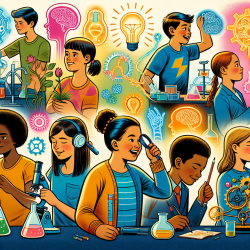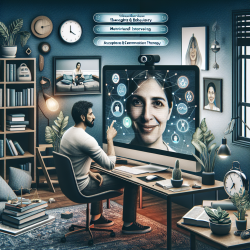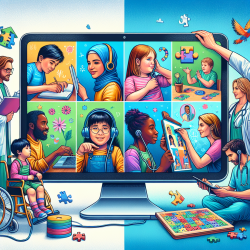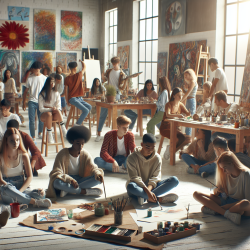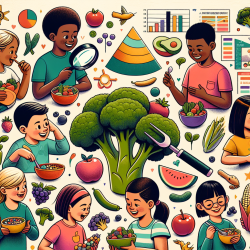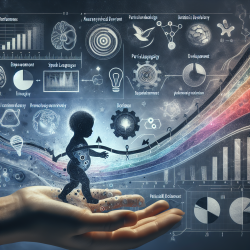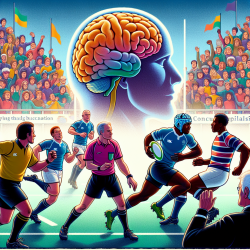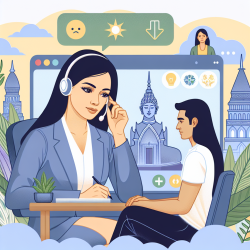Introduction
As practitioners dedicated to improving educational outcomes, it's essential to understand the factors that influence students' interest in science, particularly during the critical years of early adolescence. A recent study titled Science Possible Selves and the Desire to be a Scientist: Mindsets, Gender Bias, and Confidence during Early Adolescence sheds light on how mindsets and gender biases impact students' confidence and aspirations in science.
The Study at a Glance
The research, conducted with 529 middle school students, explores the relationship between fixed mindsets, gender biases, and science confidence. The findings reveal that students with a growth mindset and high science confidence are more likely to envision themselves as future scientists. Conversely, fixed mindsets and gender biases, particularly the belief that boys are naturally better at science, can deter students, especially girls, from pursuing science careers.
Key Findings
- Fixed Mindsets and Gender Bias: Students with fixed mindsets are more likely to hold a boy-science bias, negatively impacting their science confidence and possible selves.
- Science Confidence: High science confidence correlates with a strong desire to pursue a science career. This confidence is often bolstered by good grades and positive reinforcement.
- Gender Differences: Boys generally show higher science confidence and interest in science careers than girls, highlighting the need for targeted interventions to support girls in these areas.
Implications for Practitioners
Understanding these dynamics offers valuable insights for educators and therapists working with adolescents. Here are some strategies to consider:
- Foster Growth Mindsets: Encourage students to view intelligence as malleable. Use language and activities that promote the idea that abilities can be developed through effort and perseverance.
- Counter Gender Biases: Create an inclusive classroom environment that challenges stereotypes. Highlight female role models in science and provide equal opportunities for boys and girls to engage in scientific activities.
- Boost Science Confidence: Provide positive feedback and support for students' efforts in science. Celebrate achievements and create opportunities for students to experience success in science-related tasks.
Encouraging Further Research
While this study provides a robust framework for understanding the interplay of mindsets, gender biases, and science confidence, there is a need for further research. Practitioners are encouraged to explore these themes in their own settings and contribute to the growing body of knowledge on effective interventions for fostering science interest among adolescents.
Conclusion
By implementing strategies that promote growth mindsets and counteract gender biases, educators can play a pivotal role in shaping students' science identities and aspirations. These efforts can lead to more equitable and inclusive participation in STEM fields, ultimately benefiting society as a whole.
To read the original research paper, please follow this link: Science Possible Selves and the Desire to be a Scientist: Mindsets, Gender Bias, and Confidence during Early Adolescence.
